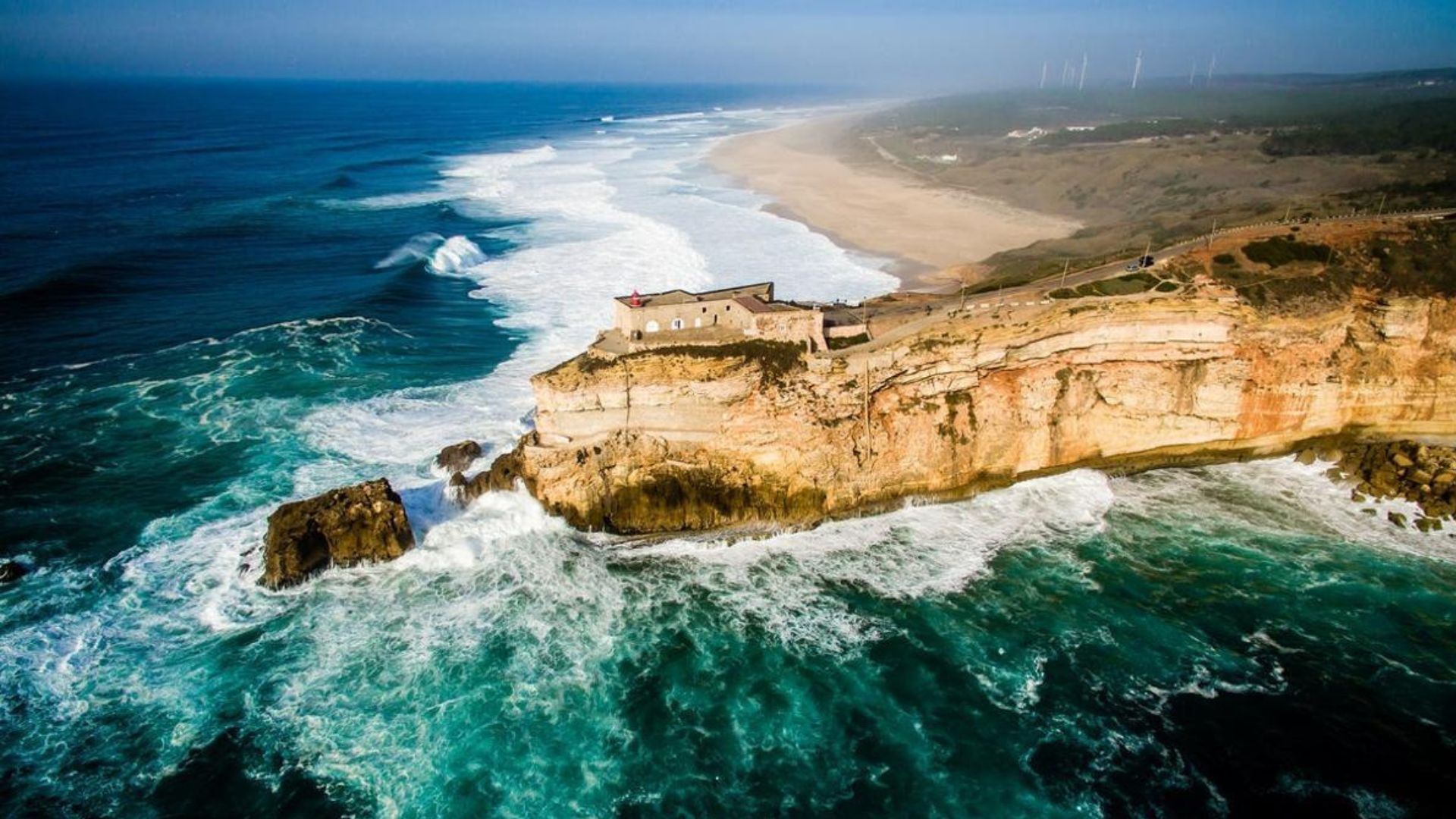
Winter in surfing: 6 tips to enjoy it
The best waves you can surf are usually between winter and spring, for this reason we tell you the 6 best tips to be able to surf in winter without freezing and enjoy.
1. Use proper surfing equipment.
It is essential to choose a suitable and warm wetsuit. We recommend that the material is first class, elastic and tight at the same time. Ideally, it should be 3-4 mm thick. In addition, it is very important that this equipment is always dry and that you put it on as quickly as possible to avoid getting cold when changing clothes.
It would also be interesting to accompany it with other accessories that help maintain body heat such as a good pair of booties, gloves or even a hat to keep the head and ears warm. For that, we can also make use of earplugs, which will keep your head warm in cold water.
On the other hand, you should make sure that your board is suitable for winter surfing and winter wave conditions. Longer, wider boards can be more stable in cold, turbulent water.
2. Watch the wave behaviour before entering.
Sea conditions in winter can be much more intense than at other times of the year, so it is important to learn to read the wave conditions before entering the water. Watch the waves for a while before you start and study the direction and strength of the wind to determine the direction of the current.
3. Warming up before going surfing.
Performing specific exercise before entering the water with your board is very important, because this will improve your body warm-up, i.e. your body will pump blood to all parts of your body and you will not feel so cold when you first contact the sea. Warming up and stretching your muscles is essential, not only to warm up but also to avoid future injuries.
4. Move as much as possible on the board.
When surfing in winter, if you stand still in the water the cold will quickly take hold of your body. Move as much as you can, don't just wait for the perfect wave or the best wave of the series, catch as many waves as you can and try to be in constant movement. You'll get more exercise and you'll hardly ever get cold.
5. Take safety precautions.
Make sure there is someone on the beach who knows you are in the water and is looking out for you. Obviously carry a well-protected mobile phone and keep close to other surfers to avoid accidents.
6. Keep skin hydrated.
Skin can dry out easily in cold water, so be sure to use a moisturising lotion after you get out of the water to keep your skin soft and hydrated. You should also make sure you drink plenty of water before and after surfing to avoid dehydration.
All in all... Is it safe to surf in winter?
Regardless of the seasons, when we practice this sport it is necessary to know the weather conditions and the state of the sea on the day we are going to surf. It is also essential to master surfing safety techniques to avoid any kind of mishap.
Having clarified this, we can say that surfing in winter is safe, but it will always be a little more risky to surf in winter than in any other season. Generally, in winter the waves are much bigger so if you are inexperienced or an amateur it would be dangerous.
However, for experienced surfers it's a profitable adventure as they can surf waves that wouldn't otherwise appear, which is why some of the biggest competitions are in late autumn and winter.
Another reason why surfing in winter can be more harmful is because of the low water temperatures, which can cause noticeable physical discomfort due to heat shock. However, as we have already mentioned, if you follow the advice we have explained in the previous paragraphs, you should not have any major problems with the inconvenience of low temperatures.
Is it more difficult to surf in winter than in summer?
Despite having some advantages, in general surfing in winter can be more risky and therefore more difficult. That's why many experienced surfers take advantage of the winter to perfect their skills to the maximum. But if you are just starting out in this sport, there is no doubt that summer is the best time for you.
The waves are bigger and more constant so in that sense it will be more complicated to practice, but more rewarding at the same time. With these big waves that you can find on many beaches, you will have more opportunity to practice manoeuvres and improve your skills. In addition, as it is a cold season, many of these beaches are less crowded and the sea is uninhabited, so there will be more space to practice as much as you want.
So in general, we could say that it is more difficult to surf in winter than in summer, but as Harvey Keitel, the renowned American actor, says, "everything is difficult, and everything worthwhile is difficult".
How does water temperature affect surfing?
Water temperature obviously affects surfing as it is a sport that is practised in the sea and affects the performance and comfort of the athletes.
When the water is colder than usual, it poses a risk due to the general physical discomfort you can acquire while doing this extreme sport. Not only that, but you could also contract injuries or dangerous conditions such as hypothermia (a very serious but common occurrence).
Excluding the above, as we said, temperature variation affects comfort and performance when surfing in winter. On the one hand, there is the athlete's energy, which is very important in this intense activity. When the water is warmer, the surfer will be less tired than in colder water, as their energy and metabolism will be more focused on maintaining their body heat, so they will feel more tired to paddle or perform certain types of manoeuvres.
When surfing in winter, buoyancy, which is the ability of the body to stay afloat in the open sea, is different depending on the degrees of the sea. When the water is colder, there is less buoyancy, so the body will be slower and heavier.
Finally, it should be made clear that those big waves that are seen to a greater extent in winter are due to the low water temperatures. The temperature is also associated with the surface conditions and size of the waves, which is why we say that in winter the waves are bigger and more difficult to control, while in summer with warmer waters the sea surface makes the waves smaller and easier. This is the ideal time to get started in this adventure and lifestyle called surfing.













_v2.svg)
_v2.svg)









_v2.svg)


